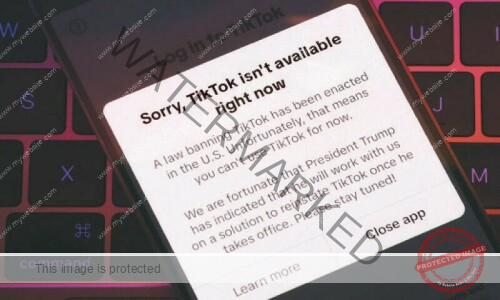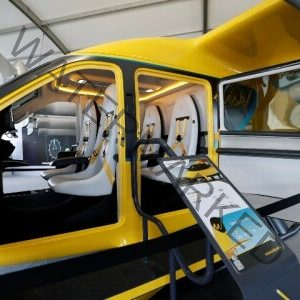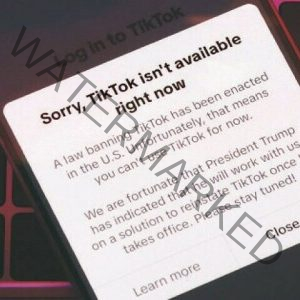It’s generally anticipated that US President Donald Trump will extend TikTok’s deadline of Thursday to find a non-Chinese buyer or risk being banned in the US.
The federal legislation that required its sale or ban was set to go into effect the day before Trump’s January inauguration, and this would be the third time he has delayed its implementation.
In an interview with NBC News in early May, Trump stated, “I have a little warm spot in my heart for TikTok”. “I would be willing to grant it an extension if it is necessary”.
According to Trump, a group of buyers is willing to pay ByteDance, the owner of TikTok, “a lot of money” for the US operations of the viral video-clip-sharing platform.
Trump has consistently denied that TikTok is in jeopardy, claiming that he is still optimistic about finding a buyer for the US side of the app.
According to independent analyst Rob Enderle, the president is “just not motivated to do anything about TikTok”. “TikTok is probably going to be in pretty good shape unless they get on his bad site”.
After realizing that his program helped him win over young voters in the November election, Trump, who had long advocated for a ban or divestment, changed his mind and swore to defend it.
Enderle insisted, “Trump isn’t really fulfilling his election promises”. “He might be able to deliver on this one”
Cyber-Cold War?
With ByteDance having failed to find a suitor, the ban went into effect on January 19, one day before Trump’s inauguration, and was promoted by national security concerns and Washington’s perception that TikTok is under Chinese influence.
“It has become a flashpoint in the new Cold War for digital control; a symbol of the US-China tech rivalry”, according to Shweta Singh, an assistant professor of information systems at Warwick Business School in Britain.
“Digital governance, economic policy, and national security are colliding”, Singh continued.
When he took office, the Republican president declared that the prohibition would be delayed for the first 75 days.
The deadlines was postponed to June 19 by a second extension.
No rumors of a TikTok sale were circulating as of Monday.
Traffic unrest
Trump claimed in April that if it weren’t for a disagreement over tariffs Washington slapped on Beijing, China would have consented to a deal on the sale of TikTok.
Talks with the US government have been confirmed by ByteDance, which stated that important issues needed to be settled and that any agreement would be “subject to approval under Chinese law”.
According to reports, one potential option is for ByteDance’s current US investors to transfer their ownership into a new, independent, international TikTok business.
To lessen ByteDance’s stake in the new TikTok, more US investors would be added, such as Oracle and the private equity firm Blackstone.
Oracle computers currently host a large portion of TikTok’s US Operations, and Larry Ellison, the company’s chairman, as long been a Trump supporter.
There is some uncertainty, especially regarding what will happen to TikTok’s valuable algorithm.
According to Kelsey Chickering, a principle analyst at Forrester, “TikTok without its algorithm is like Harry Potter without his wand – it’s simply not as powerful”.
In the meantime, TikTok seems to be operating normally.
A new set of generative artificial intelligence (AI) tools called “Symphony” was unveiled by TikTok on Monday, enabling advertisers to transform text or images into short videos for the app.
In a press statement, Andy Yang, global head of creative and brand products, stated, “With TikTok Symphony, we’re empowering a global community of marketers, brands, and creators to tell stories that resonate, scale, and drive impact on TikTok”.
SOURCE: DAWN NEWS





